In an unprecedented move, members of 16 trade unions, representing a staggering 173,000 workers, paralyzed Northern Ireland on Thursday as they took to the streets to protest against low pay and harsh working conditions. The mass strike, labeled as the largest in Northern Ireland in more than 50 years, affected schools, health sector and the transport sector, bringing the country to a grinding halt, causing widespread disruption, prompting many businesses to shut for the day with many people staying at home.
The striking workers who belong to some of the United Kingdom’s largest trade unions, including Unison, Unite, the Nursing trade union (RCN), and The Services, Industrial, Professional and Technical Union (Siptu),, united to voice their concerns over the significant pay disparities faced by workers in Northern Ireland compared to their counterparts in other parts of the United Kingdom.
Join our WhatsApp ChannelThe Belfast Telegraph reported that starting salaries for various professions, such as teachers, civil servants, healthcare workers, bus drivers, and train operators, were notably lower in Northern Ireland.
For instance, a starting salary for a teacher in Northern Ireland stands at £24,137 (26 Million), while it is significantly higher at £32,317 (35 Million Naira) in Scotland, £30,742 (33 million Naira) in Wales and £30,000 (33 Million Naira) in England. Frustrated by the wage discrepancies and the working conditions, the unions argue that Northern Ireland workers deserve comparable compensation for their services.
“People are very angry. We’ve had enough,” said Paul Andrews, Unison’s branch chair for Belfast City hospital. “No one wants to be out here on a freezing day fighting for pay parity. But we are fed up having to beg for equality.”
Janine Compston, a nurse at the Royal Victoria Hospital in Belfast, Northern Ireland’s capital, told Northern Ireland’s Morning Star “We have fallen behind England on pay.
“Members are finding it harder and harder and a lot of our nurses work many more additional hours to make ends meet.”
The strike, dubbed historic, began within unions who were solely protesting but became coordinated as issues persisted, highlighting the increasing discontent with deteriorating public services and political dysfunction in the region.
According to the Guardian Uk, the public sector workers in Northern Ireland are being denied the pay raises given to their counterparts in the rest of the UK due to the political turmoil in the region which began two years ago following the Democratic Unionist Party’s (DUP) withdrawal from power-sharing, preventing the Parliament from reconvening.
In December, the government proposed a £600 million fund for public sector pay claims as part of a £3.3 billion financial package for Northern Ireland. However, this offer was contingent on the restoration of Stormont, with the government asserting that only a devolved government possessed the authority to allocate the pay increases.
Despite the DUP’s ongoing boycott, preventing Stormont from reconvening, it argued that the Secretary of State, Chris Heaton-Harris, had the capability and responsibility to distribute the funds. He denied the claim, stating that only a functioning government can do that.
Unison’s Margaret McKee blasted Northern Ireland Secretary Chris Heaton-Harris, telling him to “stop using public service workers as political pawns.”
She said “We are demanding at least pay parity with our colleagues elsewhere in Britain. We do the same jobs and we should get paid the same.”
Craig Gill, Unite’s lead representative at Belfast City hospital, agreed, telling the BBC that “He (Chris Heaton-Harris) wants to use us as a political battering ram. I think today will help him realise that public sector workers are not willing to be used.”
Speaking outside the Northern Ireland Office headquarters in Belfast, Patrick Mulholland from the trade union, Nipsa stated, “Today is only the beginning. If we do not get social and economic justice, the struggle will continue. Today a public sector general strike, tomorrow everybody general strike.”




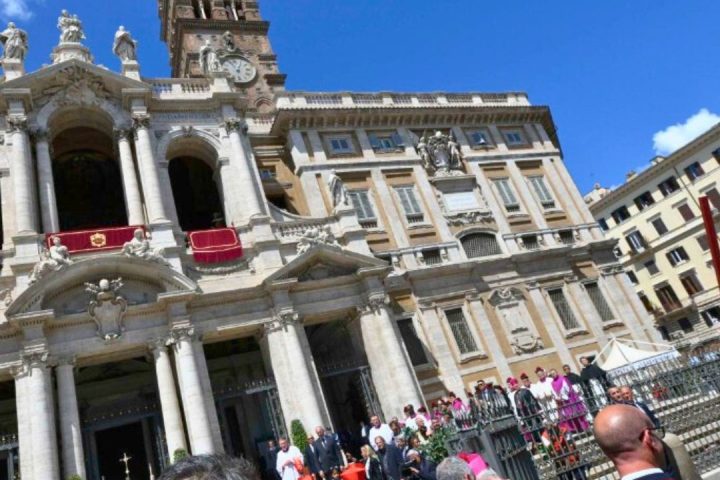
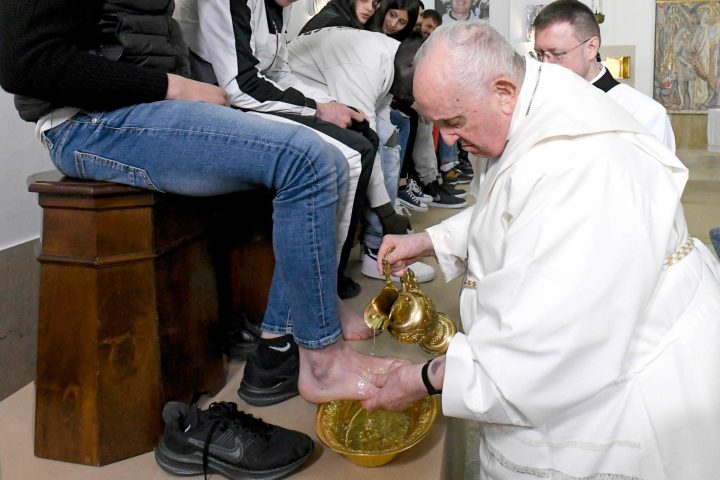
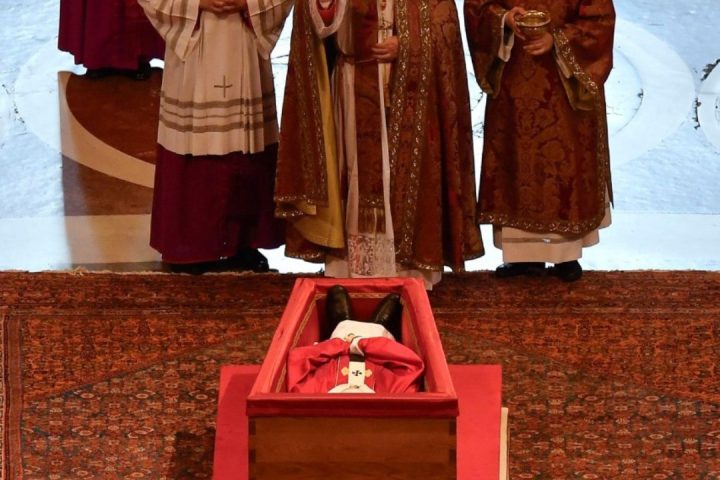









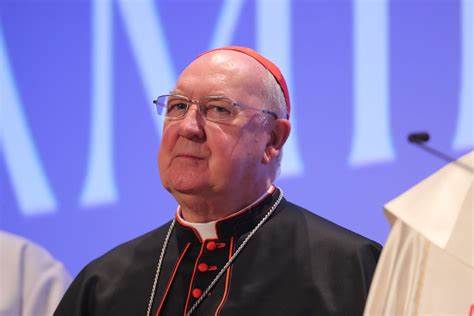
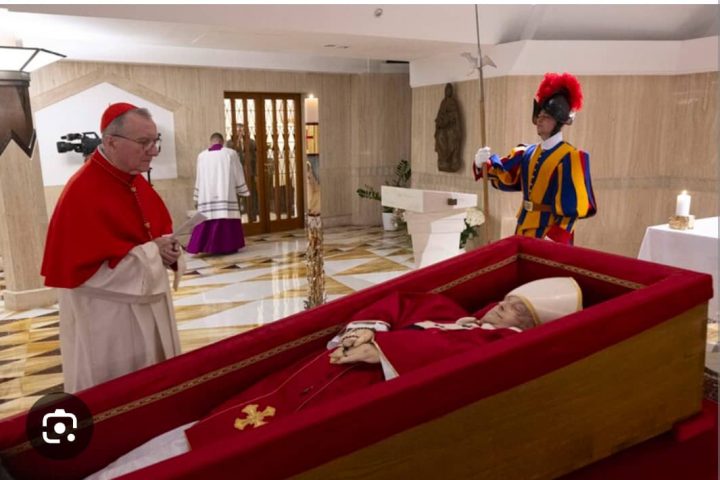

Follow Us